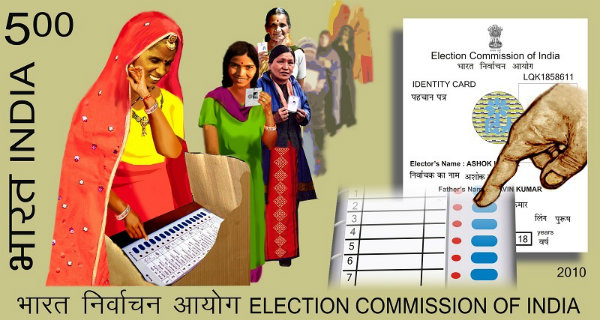All-woman bikers contingent of the Border Security Force (BSF) made its debut on Rajpath on Republic Day

Indian Air Force gets its first woman fighter pilot

The death of legendary actress Sridevi in Dubai.

Vikas Sathaye a pune born engineer won an Oscar for science and technology.

Mithali Raj became the first Indian cricketer to score 2000 T20I runs

Dipa Karmakar became the first Indian gymnast to clinch a Gold at a global event

Elections in different states

Meghalaya Legislative Assembly election, 2018
Nagaland Legislative Assembly election, 2018
Mizoram Legislative Assembly election, 2018
Madhya Pradesh Legislative Assembly election, 2018
Chhattisgarh Legislative Assembly election, 2018
Rajasthan Legislative Assembly election, 2018
Karnataka Legislative Assembly election, 2018
Kerala experienced its worst flooding in nearly a century.

Sunil Chhetri became the third highest scorer in the world

Worst fog in Delhi and worst polluted cities are in India.

High profile celebrities weddings such as Virat/Anushka, Sonam/Anand, Priyanka/Nick and Deepika/Ranveer

Our Athlete's again shine in Asian games.

Allahabad renamed to Prayagraj

And finally Sir Vallabhbhai Patel stand tall

Wish every one a wonderful new year 2019
Indian Air Force gets its first woman fighter pilot
The death of legendary actress Sridevi in Dubai.

Vikas Sathaye a pune born engineer won an Oscar for science and technology.
Mithali Raj became the first Indian cricketer to score 2000 T20I runs
Dipa Karmakar became the first Indian gymnast to clinch a Gold at a global event
Elections in different states

Meghalaya Legislative Assembly election, 2018
Nagaland Legislative Assembly election, 2018
Mizoram Legislative Assembly election, 2018
Madhya Pradesh Legislative Assembly election, 2018
Chhattisgarh Legislative Assembly election, 2018
Rajasthan Legislative Assembly election, 2018
Karnataka Legislative Assembly election, 2018
Kerala experienced its worst flooding in nearly a century.
Sunil Chhetri became the third highest scorer in the world
Worst fog in Delhi and worst polluted cities are in India.
High profile celebrities weddings such as Virat/Anushka, Sonam/Anand, Priyanka/Nick and Deepika/Ranveer

Our Athlete's again shine in Asian games.
Allahabad renamed to Prayagraj

And finally Sir Vallabhbhai Patel stand tall
Wish every one a wonderful new year 2019











